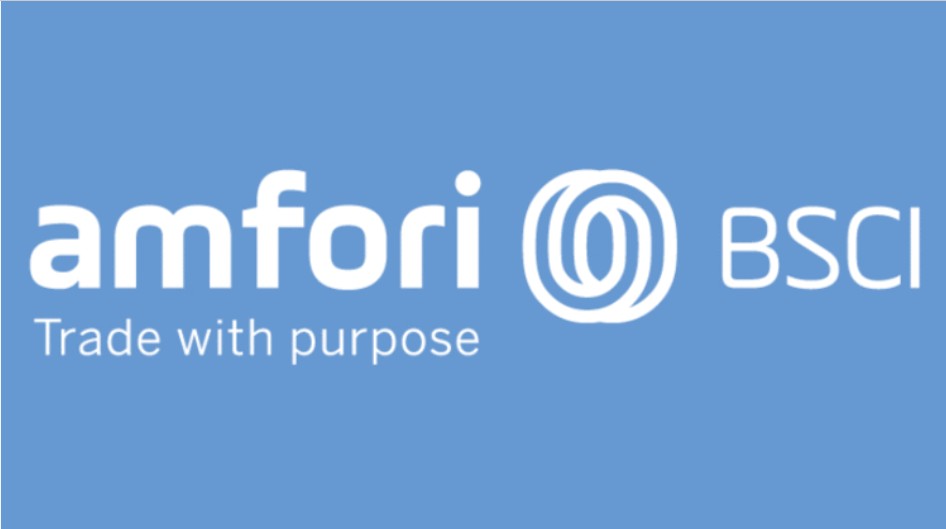BSCI – amfori Business Social Compliance Initiative

The amfori Business Social Compliance Initiative (amfori BSCI) is a supply chain due diligence and monitoring system developed by amfori, a global business association for sustainable trade. It helps companies uphold human rights and improve working conditions throughout global supply chains. The framework is based on internationally recognized standards, including those from the International Labour Organization (ILO), the Organisation for Economic Co-operation and Development (OECD), and the United Nations Guiding Principles on Business and Human Rights.
At the heart of the system is the amfori BSCI Code of Conduct, which defines 13 key principles covering labor rights, workplace safety, environmental protection, and ethical conduct:
-
Social Management System and Cascade Effect
-
Workers Involvement and Protection
-
The Rights of Freedom of Association and Collective Bargaining
-
No Discrimination, Violence or Harassment
-
Fair Remuneration
-
Decent Working Hours
-
Occupational Health and Safety
-
No Child Labour
-
Special Protection for Young Workers
-
No Precarious Employment
-
No Bonded, Forced Labour or Human Trafficking
-
Protection of the Environment
-
Ethical Business Behaviour
These principles prohibit child and forced labor, promote fair wages and decent working conditions, and emphasize gender-responsive and non-discriminatory practices. The Code applies across all tiers of the supply chain and is supported by implementation guides, reference materials, and a glossary. Signatories commit to promoting these expectations across their business networks, including intermediaries like recruitment agencies and brokers.
The amfori BSCI System Manual, last updated in 2022, offers guidance on applying these commitments in practice. It follows a six-step due diligence process aligned with OECD guidelines:
-
Embed responsible business conduct into policies and systems
-
Identify and assess actual and potential adverse impacts
-
Cease, prevent, or mitigate those impacts
-
Track implementation and results
-
Communicate how impacts are addressed
-
Provide for or cooperate in remediation where appropriate
amfori BSCI supports implementation with tools such as high-quality social audits, self-assessments, capacity-building activities, and a multi-tier supply chain mapping tool that provides visibility beyond direct suppliers. These resources are delivered through the amfori Sustainability Platform, which facilitates information sharing and continuous improvement.
Designed to be scalable for both small businesses and multinationals, the system aligns with growing legal and stakeholder expectations. It enables companies to reduce risk, build stronger supplier relationships, improve transparency, and pursue long-term social accountability goals.
The framework is grounded in values of continuous improvement, cooperation, empowerment, code observance, protection of vulnerable persons, and transparency. Signatories are expected to embed these values throughout their operations and work collaboratively with stakeholders to ensure responsible business conduct.
More details are available on the official amfori BSCI page.

